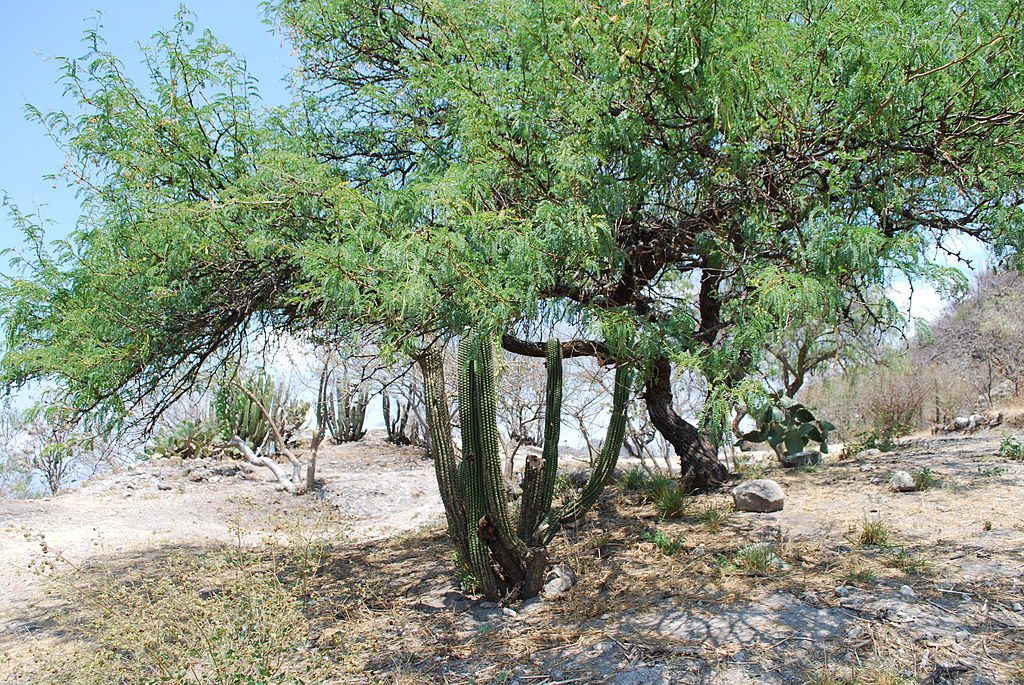
March 28, 2019, by Rob Ounsworth
Global Challenges Research Fund: launch of £1.5m internal awards
On 2 April the University launches the second round of internal awards to support the Global Challenges Research Fund (GCRF).
We are allocating £1.5m to projects seeking to address sustainable development goals in developing countries.
Interdisciplinary, pilot and networking awards are available.
A launch event for the 2019 GCRF call takes place 2-3pm on Tuesday 2 April on University Park. The application process will be outlined and Professor Dame Jessica Corner, Pro-Vice-Chancellor for Research and Knowledge Exchange, will introduce speakers whose research projects are building networks and capacity thanks to support from the 2018 call.
Dame Jessica said: “I encourage every researcher across all disciplines at the University to consider how we might work with the Global Challenges Research Fund and deliver interdisciplinary research that will strengthen capability for innovation within both the UK and developing countries.
“Our first round of internal GCRF funding gave the University the opportunity to support some truly inspirational projects, all underlining our commit to working with international partners and helping to build capacity in developing countries to tackle complex issues.”
These projects include:
Mexico: networking project
Dr Zinnia Gonzalez-Carranza, of the School of Biosciences, received £25,000 from GCRF to support a networking project in Mexico looking at the sustainable and holistic use of mezquite to improve quality of life in developing countries.
Mezquite is an evergreen, leguminous tree that has been used for centuries in Mexico as a primary source of food, medicines, fuel, wood, animal feed and honey production. The project aims to improve quality of life of less advantaged groups in Durango, Mexico, and in other developing countries, by promoting economic development and improving local research capability and innovation, through the sustainable, holistic production and use of the tree.
Dr Gonzalez-Carranza said: “Our funding supported a four-day workshop included mezquite stakeholders from Mexican communities, such as farmers and producers, industry and the government, NGOs, funding agencies and UK, Mexico and international scientists.”
“We also visited a rural community and natural mezquital stakeholders to further learn about the challenges they face in producing mezquite. The workshop will help deliver a theory of change and identify leaders to drive the project for the benefit of communities in arid and semi-arid zones of Mexico and Africa.”
“Mezquite has tremendous capacity to adapt and develop well in arid and semiarid zones of the world. Mezquite is also very important ecologically as it can regenerate biodiversity in zones where it grows and can be used as a phytoremediator and as a source of biomaterials to generate biofiltration systems to decontaminate industrial, municipal and domestic water. Mezquite pods have high nutritional content and are an excellent alternative for human nutrition worldwide.”
Ghana: interdisciplinary award
Jo Darkwa, Professor of Energy Storage Technologies in the Faculty of Engineering, is leading a green technology project that aims to generate electricity from discarded cocoa pod husks. It aims to spawn a new bio-fuel industry that would also improve socio-economic stability for cocoa producers in rural Ghana.
The scheme received £250,000 from the GCRF in recognition of its transdisciplinary strengths and international partnerships. In addition to Professor Darkwa, the Nottingham-led project team involves Dr John Calautit, Dr Mark Worall, Dr Yuehong Su and Nii Nelson, of the Buildings, Energy and Environment (BEE) Research Group; Dr Alison Mohr, from the Institute of Science and Society; Dr Karen Robertson from the Advanced Materials Research Group and the School of Chemistry’s Professor Robert Mokaya.
Nottingham academics are also collaborating with Ghana’s Centre for Energy, Environment and Sustainable Development, the Ghana Cocoa Board and Kwame Nkrumah University of Science and Technology, where the bio-power unit will be installed and monitored by researchers.
Professor Darkwa said: “Ghana is the second highest producer of cocoa in the world and every ton of cocoa beans harvested generates 10 tons of cocoa pod husks. In the past, this waste material was underutilised.”
“However, feasibility studies indicate that cocoa pod husks could be converted into valuable bio-fuels; an important energy supply for rural areas that have only 15 per cent electricity coverage at present. If successful, this new bio-energy infrastructure would support the Ghanaian government’s aim for universal access to electricity by 2030.”
South Africa: pilot project
Dr Julie McGarry was awarded £50,000 in GCRF pump priming funding to develop the study From Silence to Voice: understanding the experiences and healthcare and support needs of women in South Africa who have experienced sexual violence.
Dr McGarry, Chair of the Domestic Violence and Abuse Integrated Research Group, Social Futures in Mental Health, Institute of Mental Health, said: “Gender based violence (GBV) – which includes sexual violence – is a significant global public health and societal problem. It has also been recognised as a global human rights issue by the World Health Organisation. Global estimates indicate that 1 in 3 women experience physical/sexual violence in their lifetime.”
In South Africa, it is estimated that a woman is raped every seventeen seconds, while up to one half of all women have experienced a lifetime history of gender base violence/sexual violence from a partner.
Funding for the project allowed researchers to gather data through a survey and workshop with stakeholders in order to inform the design of a research learning objective (RLO) for senior healthcare students, including a workbook and open access learning resource.
The workshop’s findings will be presented to key policymakers and commissioners to inform a larger grant for a wider research proposal.
Dame Jessica added: “As Pro-Vice-Chancellor for Research and Knowledge Exchange, I would like to acknowledge the incredible work done by these and all our current GCRF awardees and I very much look forward to seeing the projects that will be funded in the 2019 round.”
More information
Please visit Nottingham Strategy for Development-focused Research to find out more about the University’s vision, the funding available, list of qualifying partner countries and details of projects funded to date by the Nottingham GCRF scheme.
It is anticipated that the submission deadline will be 14 June 2019.
No comments yet, fill out a comment to be the first


Leave a Reply